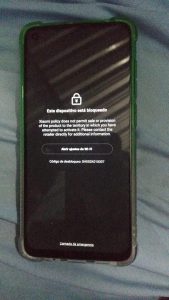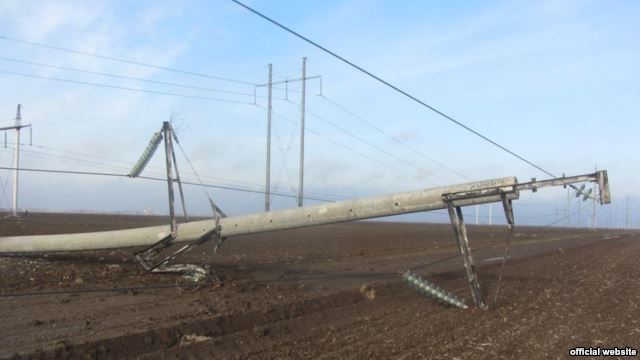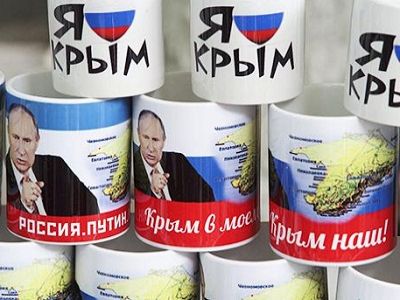[block]According to media reports, Chinese company Xiaomi had remotely blocked its smartphones in the Russian-occupied region of Crimea, as well as in other Western-sanctioned areas such as the countries of Cuba, Iran, Syria, North Korea, and Sudan. Not all smartphones activated in the banned areas had been affected. The company claims that it is “not targeting any specific markets” and it has only "temporaly" locked some smartphones to prevent and investigate smuggling. As of 14 September, the blocking was reportedly lifted. [/block]

via XDA-Developers.
Chinese company Xiaomi doesn't have its official presence in the US, yet it's presented in the EU and Xiaomi’s export policy explicitly prohibits sales of the company's smartphones in the above-mentioned sanctioned regions. Yet, previously Xiaomi hadn't remotely blocked particular devices imported in such areas.
Now, according to XDA-Developers, a number of reports by Xiaomi smartphone users emerged on social media. According to the accounts, after a few days after the activation in an affected region, the following message appears on the lockscreen of a blocked phone:
"Xiaomi policy does not permit sale or provision of the product to the territory in which you have attempted to activate it. Please contact the retailers directly for additional information."
For the past few weeks, Xiaomi has been proactively blocking users from provisioning their phones if they live in Cuba, Iran, Syria, North Korea, Sudan, or Crimea, in order to comply with export regulations and stop resellers. https://t.co/51AdXIMgnW
— Mishaal Rahman (@MishaalRahman) September 9, 2021
According to XDA-Developers' data, the first blocks date back a few months, yet "many more users" were affected in early September.
As XDA-Deveopers reports, Xiaomi responded to the complaints about its move to block some devices by saying that the company is “not targeting any specific markets” and that what it does
“is a cross-regional governance that aims to prevent smuggling through the grey market and protect user data security.”
Xiaomi has also called the blocking “temporary” and stated that "the affected devices can be unlocked now.”
Euromaidan Press was unable to neither confirm nor deny the media reports on blocked Xiaomi devices in the Russian-occupied Crimea as most social media reports of smartphones being blocked have to do with Cuba.
Russia annexed the Ukrainian peninsula of Crimea following a 2014 sham referendum that was held contrary to Ukrainian law and weeks after the Russian military took control of the peninsula. Kyiv and Western countries consider this to be a violation of international law and imposed a number of Crimea-related sanctions on Russian and Crimean-based companies, individuals, and sectors of the economy.
Read also:
- Ukraine’s China policy: A (not so) delicate balance
- Flirting with China is a dangerous political game for Ukraine
- Ukraine to cooperate with US-sanctioned Huawei in cybersecurity. Not? (2020)
- China tried to shut down exhibition in Kyiv that showcased Hong
- Baltic intelligence agencies increasingly worry about threats from China in addition to Russia’s
- Chinese investments or expansion – all the facts behind sale of Motor-Sich (2019)
- Another piece of Russian electronic warfare equipment spotted in occupied Donbas
- Russian electronic warfare in Donbas: Training or preparation for a wider attack?





